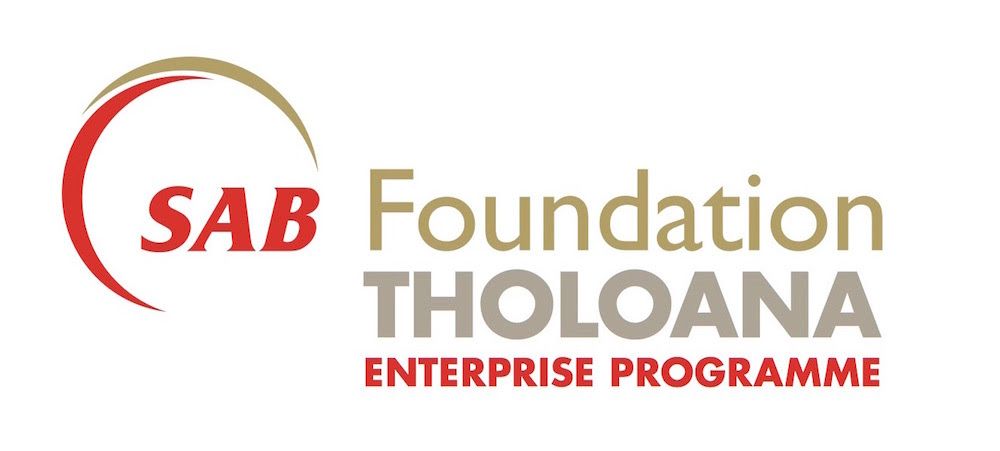Analyzing the SAB Foundation R88m Impact Fund Launch

The SAB Foundation has launched an R88 million Impact Fund in collaboration with LEAD Impact Capital and the National Treasury’s Jobs Fund. This grant is intended to provide accessible finance to qualifying entrepreneurs who have completed SAB Foundation initiatives in South Africa.
The Impact Fund bridges the gap in South Africa between new entrepreneurs and startup financing. Small businesses without proven products or services are often considered high-risk ventures by investors.
Bridgit Evans, executive director of the SAB Foundation explained how the perceived risk translates into businesses either not qualifying for finance, or when they do, interest rates can often exceed 20%, with some short-term cash flow lenders charging interest rates as high as 30%. “This leads to a high default rate, further discouraging investors from lending into this market, which creates a vicious cycle” – she said.
As a result, small enterprises receive insufficient financial support to take off. However, with the support of this financial assistance, motivated entrepreneurs with little or no collateral can start building their businesses.
Who are the beneficiaries?
Candidates for this Impact Fund must be graduates of the specified SAB Foundation South African entrepreneurship programmes. Tholoana Enterprise Fund, the Tholoana Enterprise Programme, the Social Innovation and Disability Empowerment Awards, and the Social Innovation Fund.
“If South Africa truly wants to grow the economy and create jobs, we need to find innovative financial products that do not pass on the high-interest rates to SMEs,” says Evans. “Together with Jobs Fund and LEAD Impact Capital, we are testing a model to address this, by mitigating risk in three ways.”
What problem is it solving?
South Africa has always struggled to finance small and medium-sized companies (SMEs). This is simply because they are deemed too little for commercial bank loans yet too large for microfinance assistance. As a result, they fall into the “missing middle” group. However, via this collaboration, South African SMEs will be able to acquire the funding and help they require to flourish and create jobs.
“These enterprises are important job creators, particularly for young people, women, and those living in rural areas,” says Najwah Allie-Edries, the head of the Jobs Fund. “Through the Jobs Fund partnership with the SAB Foundation, we hope to scale up this initiative and make a meaningful contribution to enterprise growth and job creation.”
Why invest in small business ideas?
To be an investor means to take calculated risks with the goal of profit. However, with the current trend of startups closing down and corporations laying off employees, most investors’ risk tolerance has shrunk. Before investing, investors seek firms with a portfolio that shows how well the business is doing.
The SAB Foundation has decided to disrupt the model by investing in new, unproven business concepts. The SAB Foundation attempts to shake up the South African financial and investment community in cooperation with LEAD Impact Capital and Jobs Fund. Informing them that small firms are investable with the appropriate concept and innovation.
“If we can demonstrate that all loans are repaid, we will be able to use this as a model to attract further finance so that entrepreneurs with real growth and job creation potential are not held back by a lack of access to affordable capital,” concludes Evans. “We aim to ultimately build a model that can be scaled and replicated by others.”
How does it work?
Selected applicants would be required to spend at least two years under the SAB Foundation’s mentoring and instruction. During this time, the entrepreneurs will be scrutinized using a variety of metrics to assess their conduct and business strategy. This research will provide actionable data to assess the entrepreneurs’ chances of delivering on the promises outlined in their business plans.
Following that, qualifying entrepreneurs must present appropriate formal documentation to support the loan amount requested. The loan amount is between R200,000 and R10 million. The Impact Fund is backed by grant funding with interest rates ranging from prime minus 2 to prime plus 3.
